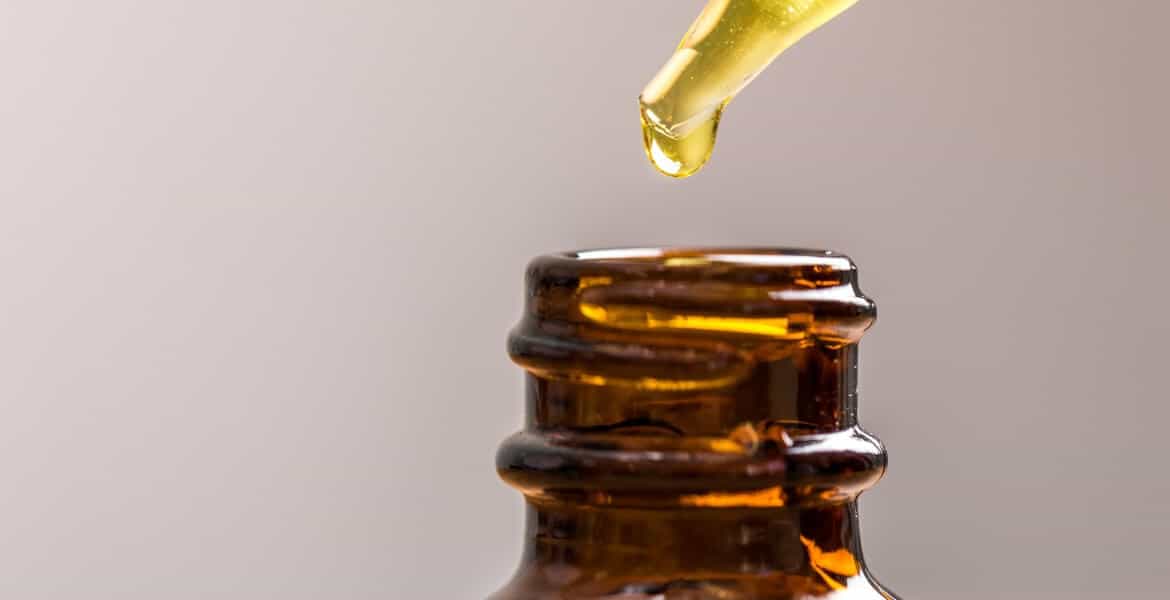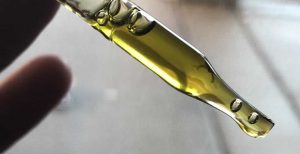Essential oils are immensely popular. But it can be hard to know what to look for when you are buying essential oils to ensure you are getting pure, quality, therapeutic essential oils.
This can apply whether you are buying essential oils from a bricks and mortar store or online. In fact, online shopping can be harder as you can’t see or smell the oils!
So when you are buying essential oils, how do you know you are getting the real thing and not a cheap synthetic oil?
These are my top tips for buying essential oils –
Look for the words “pure essential oil” on the label or online listing.
If you see the words “fragrance oil”, “fragrant oil”, “perfume oil”, or even “aromatherapy oil” the chances are this is a synthetic product. Remember there is no legal definition of “aromatherapy” so anyone can use the term.
Look for the words “100% essential oil”.
Many of the more precious oils are diluted at 3-5% in a base oil such as jojoba, to make the price more attractive. But such oils are useless in a vaporiser as they are simply not strong enough to have any appreciable effect.
Of course these dilutions do have their uses. Being diluted they are great to use on the skin as perfumes. But the fact they are diluted should be clearly stated. Some producers list these diluted oils along with other pure essential oils. So you can only know the difference if you look very closely at the label.
The essential oil bottle should be dark, preferably amber, glass
Oils will react with plastic, so any fragrance sold in plastic will not be a pure essential oil. Clear glass will cause the oil to deteriorate due to exposure to light, so is not recommended. For the same reason, essential oils should be kept in a cool dark place to preserve them. ( A cupboard, drawer or wooden storage box are ideal.)
Purchase essential oils in bottles with a dripolator plug in the top.
These are vastly superior to bottles with eyedroppers. A dripolator will regulate the flow of essential oil and prevent spillage of the whole bottle even if the cap is off. However once you remove an eyedropper cap the top of the bottle is open and the oil can easily spill. It is also more dangerous around children, should they ever get their hands on them. Another consideration that I discovered myself, is that some essential oils will react with the rubber on the eyedropper. The oil can cause the rubber to deteriorate and will then contaminate your oil.
Look for a botanical name – not just the common name.
This is the latin name given to each species. For example, true lavender is lavandula angustifolia, mandarin is citrus reticulata and grapefruit is citrus paradisi. While common names can sometimes be unclear, the botanical name will always be more precise. Several species may be given the same common name. And there can be safety issues with some oils which are only clear when the correct botanical name is used. There are numerous examples of oils where the common name used does not at all relate to the oil’s actual botanical classification. And common names can even vary depending on the country you are in!
Lastly know your supplier
Try to buy from reputable companies and from sources that give the above information or are prepared to answer your questions. (And if the company has a qualified aromatherapist on staff to help out, so much the better!)
If purchasing online, check what information is provided about each oil in its listing. Does it include information about the country of origin? Cautions relating to the particular oil? Usage guidelines etc. Are there contact details to ask questions? Or a physical address you can visit?
If buying from a retail store do they have qualified staff on hand? Or access to a professional aromatherapist to provide advice and guidance?
And whether you purchase your oils online or from a physical store or even via party plan or a direct sales representative, always consult a qualified aromatherapist yourself for advice if you are unsure about which essential oils to purchase or how to use them safely and effectively.




